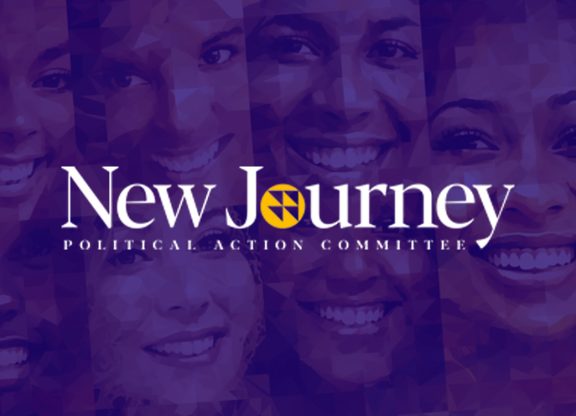Black America’s Real Problem: RINOs

The summer of 2020 has been tough on small businesses, particularly black-owned businesses. Between government-ordered shutdowns and rioting that damaged or destroyed black-owned businesses in Chicago, Dallas, Minneapolis, Philadelphia and elsewhere, minority entrepreneurs have faced more than their share of challenges in recent months.
So why would Sen. Mike Crapo (R-ID), chairman of the Senate Banking Committee, want to make things even harder for black America and small business owners in general by targeting them with a fresh round of intrusive and onerous regulations that hold significant potential for prosecutorial abuse?
This latest burden, authored by Sen. Crapo, takes the form of an amendment to the National Defense Authorization Act that would create a comprehensive database of small businesses and people associated with them. Billed as a means by which government can fight terrorism, money laundering and foreign political influence, it sounds reasonable.
But if anybody really thinks black-owned neighborhood barbershops or hair salons are hotbeds for international money laundering networks, they should recalibrate their thinking. This is just another Big Government idea put forth by Republicans who should be fighting for smaller government and less regulation. It’s a very bad idea, and President Donald Trump could and should stop it.
Crapo’s database would compile information on beneficial ownership, a financial term of art for identifying investors, owners, managers, 1099 contractors or executives of a small business. This is achieved by collecting the name, address, telephone number, email, and even driver license information of those who directly or indirectly own or have some stake in a business, with the data available to the Financial Crimes Enforcement Network (FinCEN). It may sound benign, but the idea is rife with problems for black-owned businesses.
For starters, all of this information is already housed within the Internal Revenue Service, in local bank records or other places. If any law enforcement agency wishes to obtain it, all they need is a subpoena, which requires probable cause or some other legal predicate. A single database openly available to bureaucrats invites abuse and selective prosecution.
Moreover, this effort doesn’t include multinational, multi-billion dollar corporations or institutions; they are exempt. This database specifically targets businesses with fewer than 20 employees and less than $5 million in gross receipts. It is these small companies that can least afford the cost of compliance with these regulations, which are estimated by the National Federation of Independent Business (NFIB) to run about $573 million a year. Filling out the paperwork would also suck more than 13 million hours out of the lives of people running a small business.
There are about 2.5 million black-owned businesses in the United States, most of which are relatively small. Their owners are talented and hard working but most don’t have a squadron of lawyers or compliance officers to make sure they meet these new bureaucratic demands. An inadvertent error or innocent oversight absent any criminal intent could place them at the mercy of the U.S. Treasury Department, which can levy civil penalties of up to $500 per day until the violation is corrected. Criminal prosecution can result in up to two years in jail.
It is also a badly written regulation that is exceedingly vague. Brian P. O’Shea, a former senior director with the U.S. Chamber of Commerce, believes that the language of the bill is purposefully vague and broad to give prosecutors wide latitude. He is unfortunately correct. As for the definition of beneficial owner, it includes any individual that directly or indirectly benefits from the assets of an organization. A black mother braiding hair for a living and setting aside money for her child’s college education could get wrapped around the axle with this kind of language.
President Trump has a good track record of helping black Americans. His support for historically black colleges and universities, his leadership in criminal justice reform, and broad economic policies that have increased job opportunities and wages for black and other minority families have resulted in him increasing his support among black voters.
His opposition to this beneficial ownership scheme would be another significant way of demonstrating his understanding of America’s black community and the importance of keeping it vibrant rather than shackling African-American entrepreneurs with new regulatory burdens. No less important, it would show Trump’s commitment to conservative principles rather than kowtowing to the RINOs within the Republican Party.

